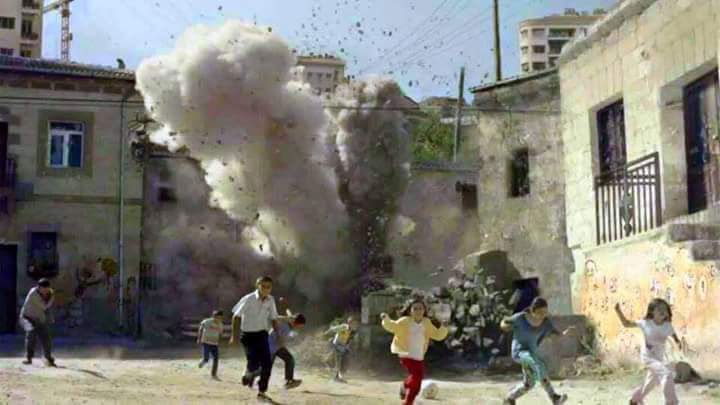The threat of inclusion on the FATF's black list of governments failing to comply has been instrumental to get this response, he said in an interview, as states tried to avoid being named and shamed.
"The prospect of the FATF taking such action has led to more than 50 countries amending legislation or being in the process of doing so," Lewis said. "So we see countries act very quickly to ensure that they do not get onto that list."
The FATF's current black list includes North Korea, Afghanistan and Syria.
Iran is also high on the list but Tehran, which last July signed a deal with western powers ending economic sanctions, has now signalled its willingness to cooperate, Lewis said.
"Iran is coming back to the table. They have approached us. They have shown a willingness to start cooperating with us," he said.
G20 countries asked the FATF to evaluate progress on measures against illicit money flows ahead of their meeting in Shanghai this week which will discuss the fight against terrorism financing.
The FATF, created in 1989 to promote the fight against money laundering, terrorism financing and other threats to the international financial system, has found that governments' responses are still inadequate measured against the threats.
The use of tools at governments' disposal "is much lower than it should be given the threat we face", Lewis said.
"Only 36 countries have ever convicted someone for terrorism financing and only 40 have used targeted financial sanctions," he noted.
- Targeting money flows -
Freezing assets is effective, but often takes up to a month to implement, Lewis said.
"In a world where you can move funds in seconds online, that is not an adequate response to the threat we are facing," he said, adding his organisation had made a push for swifter action a priority.
Targeting money flows exploits a major vulnerability of organisations like Islamic State who need massive funds to function, Lewis said.
"They require substantial amounts of money to be able to operate, because they try to provide some of the services of a state. They are heavily reliant on natural resources and the people and the businesses in the territory they hold in order to do that," he said.
The FATF also decided at its general meeting last week to promote increased cooperation between its members' intelligence services.
"We saw in the Paris attacks and also in other attacks last year that some of the people involved were previously known to intelligence agencies in different countries, but that information wasn't being shared quickly enough in a way that would have enabled those attacks to be disrupted in some way or identified in the first place," he said.
--------------------------------------------------------------------------------------------
"The prospect of the FATF taking such action has led to more than 50 countries amending legislation or being in the process of doing so," Lewis said. "So we see countries act very quickly to ensure that they do not get onto that list."
The FATF's current black list includes North Korea, Afghanistan and Syria.
Iran is also high on the list but Tehran, which last July signed a deal with western powers ending economic sanctions, has now signalled its willingness to cooperate, Lewis said.
"Iran is coming back to the table. They have approached us. They have shown a willingness to start cooperating with us," he said.
G20 countries asked the FATF to evaluate progress on measures against illicit money flows ahead of their meeting in Shanghai this week which will discuss the fight against terrorism financing.
The FATF, created in 1989 to promote the fight against money laundering, terrorism financing and other threats to the international financial system, has found that governments' responses are still inadequate measured against the threats.
The use of tools at governments' disposal "is much lower than it should be given the threat we face", Lewis said.
"Only 36 countries have ever convicted someone for terrorism financing and only 40 have used targeted financial sanctions," he noted.
- Targeting money flows -
Freezing assets is effective, but often takes up to a month to implement, Lewis said.
"In a world where you can move funds in seconds online, that is not an adequate response to the threat we are facing," he said, adding his organisation had made a push for swifter action a priority.
Targeting money flows exploits a major vulnerability of organisations like Islamic State who need massive funds to function, Lewis said.
"They require substantial amounts of money to be able to operate, because they try to provide some of the services of a state. They are heavily reliant on natural resources and the people and the businesses in the territory they hold in order to do that," he said.
The FATF also decided at its general meeting last week to promote increased cooperation between its members' intelligence services.
"We saw in the Paris attacks and also in other attacks last year that some of the people involved were previously known to intelligence agencies in different countries, but that information wasn't being shared quickly enough in a way that would have enabled those attacks to be disrupted in some way or identified in the first place," he said.
--------------------------------------------------------------------------------------------









 Home
Home Politics
Politics











